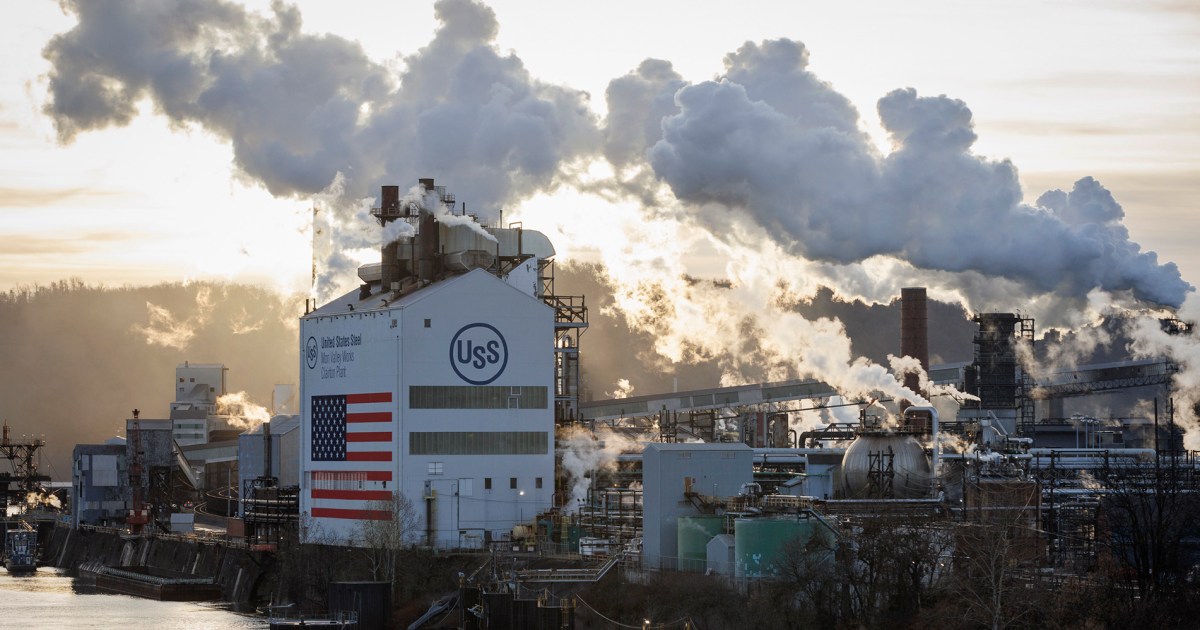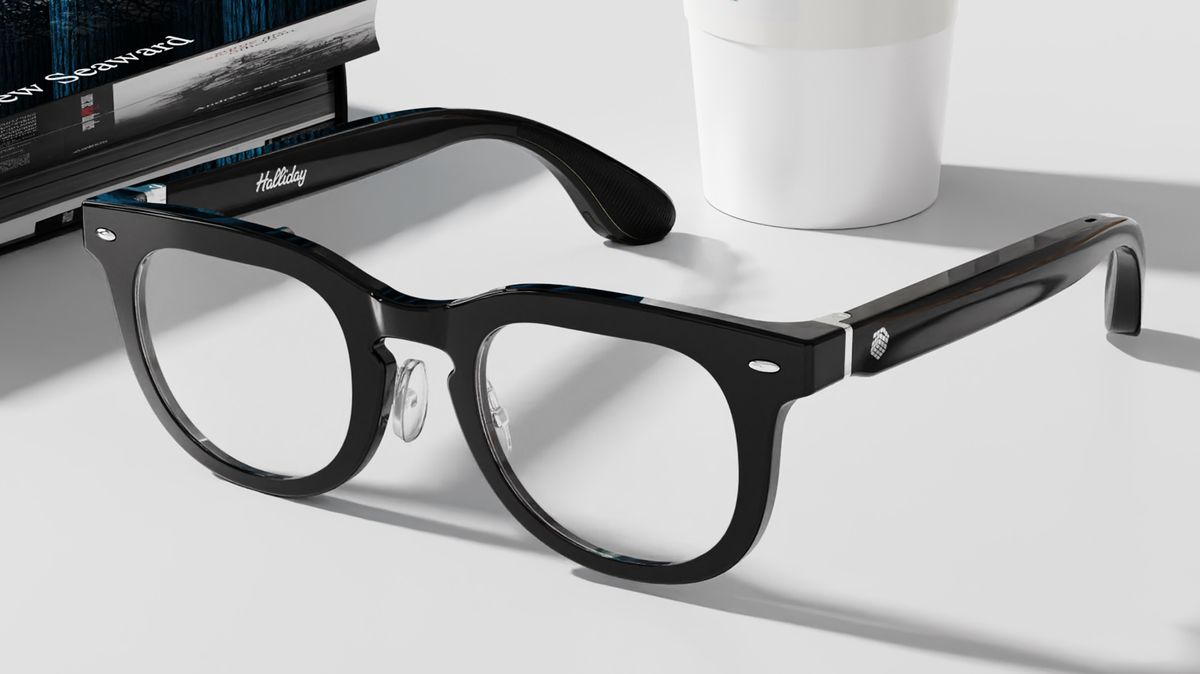Bussiness
Biden blocks Japan’s Nippon Steel from acquiring U.S. Steel

President Joe Biden said Friday that he has decided to block a $15 billion takeover of U.S. Steel by the Japanese company Nippon Steel, capping off a yearlong business saga that drifted into election politics.
A national security review by a Treasury Department committee failed to reach a consensus on the deal last month and deferred the final decision to the president. NBC News had reported in September that Biden was preparing to block the takeover.
The president, who leaves office in little more than two weeks, faced a challenging political calculus over the fate of the iconic Pittsburgh-based firm: Allowing a foreign entity with far greater resources to take it over could put the business on stabler financial footing, while keeping U.S. Steel in American hands risked the company’s survival under intense foreign competition. But the deal was opposed by a powerful steelworkers union.
“As I have said many times, steel production — and the steel workers who produce it — are the backbone of our nation,” Biden said in a statement. “A strong domestically owned and operated steel industry represents an essential national security priority and is critical for resilient supply chains. … Without domestic steel production and domestic steel workers, our nation is less strong and less secure.”
President-Elect Donald Trump had also voiced opposition to the takeover proposal during the 2024 presidential campaign. A Trump representative did not immediately respond to a request for comment Friday.
U.S. Steel’s stock fell more than 6% Friday.
In a joint statement, U.S. Steel and Nippon Steel condemned Biden’s decision, saying it “reflects a clear violation of due process and the law.” The companies also hinted at taking legal action.
“Instead of abiding by the law, the process was manipulated to advance President Biden’s political agenda,” the statement said. “The President’s statement and Order do not present any credible evidence of a national security issue, making clear that this was a political decision. Following President Biden’s decision, we are left with no choice but to take all appropriate action to protect our legal rights.”
The roughly 11,000-worker company, founded in 1901, has dwindled since its heyday, when it employed a peak of roughly 340,000 during World War II. Its share price has barely edged higher since the 1990s as cheaper steel production abroad ramped up, especially in Asia.
When reached for comment Thursday night, a spokesperson for U.S. Steel referred to a previous statement, saying that the deal “enhances U.S. national and economic security through investment in manufacturing and innovation,” going on to argue that the transaction would “combat the competitive threat from China.”
“It is the best way, by far, to ensure that U. S. Steel, including its employees, communities, and customers, will thrive well into the future,” the spokesperson said. “It is our hope that President Biden will do the right thing and adhere to the law by approving a transaction that so clearly enhances U.S. national and economic security.”
Nippon Steel, Japan’s largest steelmaker, did not immediately respond to a request for comment.
United Steelworkers, the union representing many of the company’s employees, hailed the announcement.
“We’re grateful for President Biden’s willingness to take bold action to maintain a strong domestic steel industry and for his lifelong commitment to American workers,” the union said in a statement. “Moving forward, we’re confident that with responsible management, U.S. Steel will continue to support good jobs, healthy communities and robust national and economic security well into the future.”
Pennsylvania Gov. Josh Shapiro issued a separate statement calling on U.S. Steel to continue to continue to prioritize protecting jobs in the western part of the state.
“This matter is far from over,” he said. “We must find a long-term solution that protects the future of steelmaking in Western Pennsylvania and the workers who built U.S. Steel and built this country.”
The potential blocking of the deal had raised concerns that it could harm U.S. relations with Japan, a key U.S. ally and the country’s largest foreign investor.
There was no immediate comment from officials in Japan, where Friday was a bank holiday. Japanese government officials have previously declined to comment on matters concerning the management of individual companies but said it is essential for the U.S. and Japan to strengthen economic relations, “including the expansion of mutual investment.”
American and international business groups have also criticized what they say is the politicization of the deal.
The proposed acquisition drew controversy almost as soon as it was announced in December 2023, with Biden saying in a statement that month that it “appears to deserve serious scrutiny in terms of its potential impact on national security and supply chain reliability.”
Biden and Vice President Kamala Harris, the Democratic presidential nominee, both campaigned against the proposed acquisition, saying U.S. Steel should remain American-owned.
Trump said in December that he would block the acquisition and revive U.S. Steel through a combination of tax incentives and tariffs.
Nippon Steel tried to assuage politicians’ concerns, saying in a statement in September that U.S. Steel would remain an American company owned by Nippon Steel North America. Nippon Steel also said that Americans would make up the majority of the board of directors of U.S. Steel, and that the American company, under its new ownership, would stay headquartered in Pittsburgh.
“Nippon Steel will prioritize production at U. S. Steel to meet the demand in the U.S. steel market,” Nippon Steel said.









